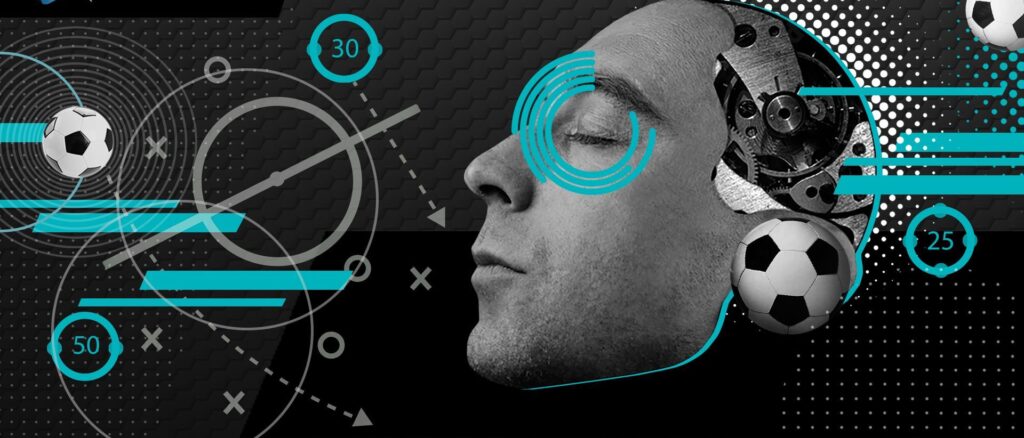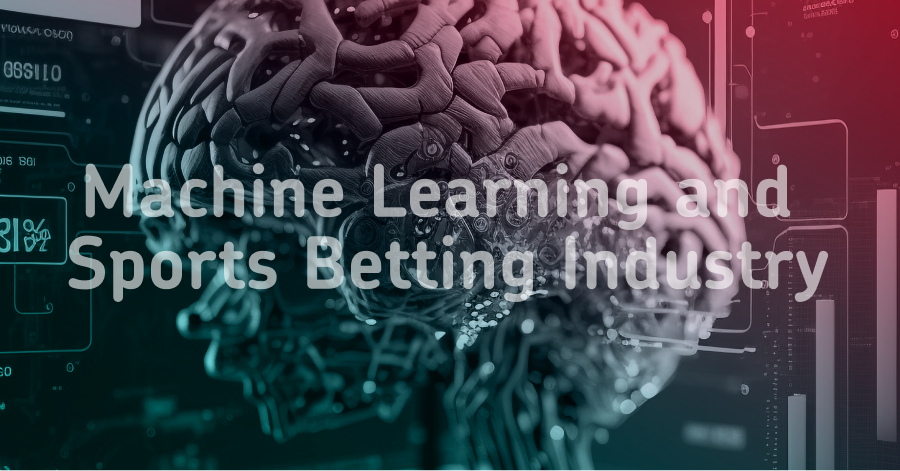The intersection of artificial intelligence (AI) and machine learning (ML) with sports betting has emerged as a transformative force in the gambling industry. By leveraging vast amounts of data, AI technologies are reshaping how bettors analyze games, make predictions, and ultimately place their wagers. The rapidly evolving landscape of sports betting has seen an influx of algorithms and data-driven approaches that promise to enhance accuracy and improve outcomes for bettors.
As sports betting gains legitimacy across various jurisdictions, the adoption of AI and ML is being propelled by the increasing demand for better predictive analytics. These technologies are capable of processing information at speeds unattainable by human analysts. They integrate historical performance data, player statistics, game conditions, and even social media sentiment, providing users with a comprehensive view to guide their betting decisions.
While traditional methods of analysis have relied heavily on expert opinions and intuition, the rise of AI is challenging these norms. Machine learning algorithms are trained to recognize patterns and trends that may not be immediately apparent to human observers, thereby offering a fresh perspective on potential outcomes.
Moreover, the use of AI in sports betting is not solely confined to individual punters. Sportsbooks themselves are increasingly adopting these technologies to set more accurate odds, manage risk, and develop dynamic pricing models that adjust in real-time as new data becomes available.
However, this surge in AI-driven betting raises important questions about the future of gambling and the balance between technology and human intuition. As the industry continues to evolve, understanding the role that AI and machine learning play will be essential for both bettors and operators alike.
How AI Models Predict Outcomes
Artificial Intelligence (AI) and machine learning are revolutionizing the way predictions are made in sports betting. Utilizing vast datasets and advanced algorithms, AI models are able to analyze historical data, player statistics, weather conditions, and even social media sentiment to predict the outcomes of sporting events with remarkable accuracy.
At the core of these predictive models lies a variety of machine learning techniques, including:
- Regression Analysis: This method helps in understanding the relationship between different variables, such as a team’s performance and conditions of a match, enabling predictive insights on outcomes.
- Decision Trees: Decision trees are used to break down decision-making processes into binary branches, making it easier for AI to assess various scenarios and their potential outcomes.
- Neural Networks: Inspired by the human brain, these networks can identify patterns within large datasets, making them particularly adept at analyzing sports data where numerous variables are at play.
- Natural Language Processing (NLP): This technology enables AI to assess qualitative data, such as news articles and interviews, which can influence team morale and performance.
One of the main advantages of AI models in sports betting is their ability to continuously learn and adapt. As new data becomes available—be it through player injuries, team changes, or even weather shifts—the models can update their predictions in real-time. This ongoing refinement means that bettors can gain insights that are not only data-driven but also dynamically responsive to the current sports landscape.
Moreover, AI can simulate thousands of game scenarios almost instantaneously. By running these simulations, AI models can create a probability distribution for each outcome, significantly refining a bettor’s understanding of the risks involved and the most favorable bets to place.
In summary, the integration of AI and machine learning in predicting sports outcomes is a complex yet highly effective process that leverages data analysis in unprecedented ways. While it’s crucial for bettors to understand the intricacies of these models, the insights derived can provide a significant advantage in the ever-competitive landscape of sports betting.

Tools and Platforms Using AI Today
The integration of artificial intelligence (AI) and machine learning in sports betting has led to the emergence of various tools and platforms that aim to enhance predictive accuracy and streamline the betting process. These tools leverage vast amounts of data and complex algorithms to provide users with insights that were previously unattainable.
Among the most notable platforms utilizing AI are:
- BetBuddy: Designed for responsible gambling, BetBuddy employs AI to monitor player behavior and identify patterns that may indicate problematic gambling. By leveraging machine learning algorithms, it helps operators tailor their interventions and support.
- Z-Code System: This platform focuses on harnessing historical data and statistical modeling. By analyzing past performances, Z-Code uses AI to generate predictive analytics for sports events, providing users with a comprehensive betting system.
- IBM Watson: Known for its capabilities in various fields, IBM Watson is being adapted for use in sports betting. It analyzes enormous datasets and employs natural language processing to deliver insights and trends that can help bettors make informed decisions.
- Action Network: This platform offers a suite of predictive tools that utilize machine learning to deliver real-time data and analysis. By tapping into AI, Action Network provides bettors with timely information, including injury reports and weather conditions that could affect game outcomes.
- Numeraire: As part of Numerai, a hedge fund that uses data scientists to develop machine learning models for financial predictions, Numeraire enables users to stake cryptocurrency on their predictions over sports events. This decentralized approach encourages collaboration among data scientists while rewarding successful models.
These platforms not only assist casual bettors but are also increasingly being integrated by professional sports analysts and teams. By adopting AI technologies, they can gain a competitive edge, capitalize on data-driven decisions, and ultimately enhance their betting strategies.
The continued evolution of these tools suggests a bright future for AI in sports betting, with advancements likely to push the boundaries of what is possible in predicting outcomes and managing risks. As the technology develops, so too will the strategies employed by bettors, re-shaping the landscape of the gambling industry.
Should You Trust Bots Over Intuition?
In the dynamic world of sports betting, where data analysis and human intuition often collide, a critical question arises: should bettors place their trust in automated systems and artificial intelligence (AI) over their own gut feelings? While there are compelling arguments on both sides, the integration of AI into sports betting has revealed insights that challenge traditional instincts.
AI algorithms, powered by machine learning, are designed to analyze vast amounts of data, identifying patterns and trends that may go unnoticed by the average bettor. These systems can evaluate player statistics, historical performance, weather conditions, and even social media sentiment to make informed predictions. In this context, the precision of AI can sometimes outperform human intuition, which may be clouded by bias or emotional involvement.
- Data-Driven Decisions: AI models can process information at a scale and speed unattainable by human judgment.
- Consistency: Unlike human intuition, which can fluctuate based on recent results or personal biases, AI provides a steady and consistent approach to decision-making.
- Adapting to New Information: Machine learning algorithms can continuously learn from new data, refining their predictions based on the latest outcomes, whereas human intuition can be slower to adapt.
However, it’s essential to remember that technology should not completely replace human judgment. Intuition often encompasses emotional intelligence, experience, and creative insights that AI may not fully grasp. In high-stakes situations, human intuition can factor in nuances that data alone might overlook.
Ultimately, the most effective approach may involve a combination of both worlds: leveraging AI for data analysis while also trusting one’s intuition when making final decisions. Bettors should aim to use AI tools as informative resources, enhancing their understanding of the betting landscape, rather than as infallible guides. By marrying data-driven insights with personal experience, bettors can create a more nuanced strategy that acknowledges the strengths of both AI and human intuition.

